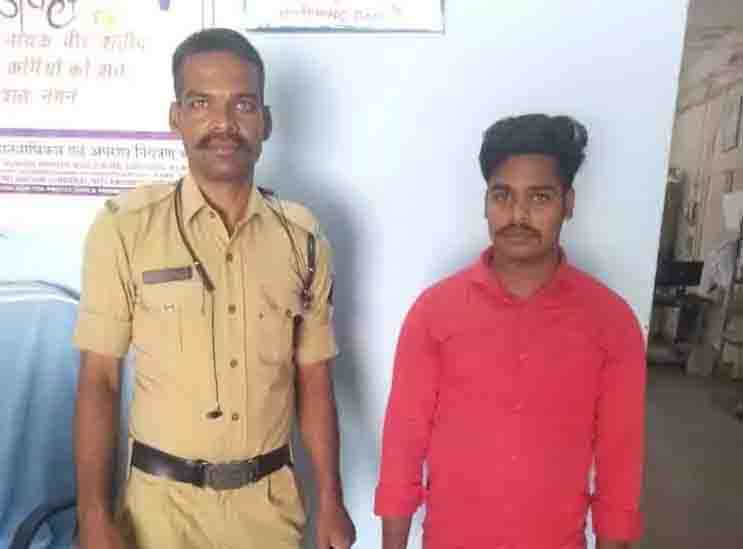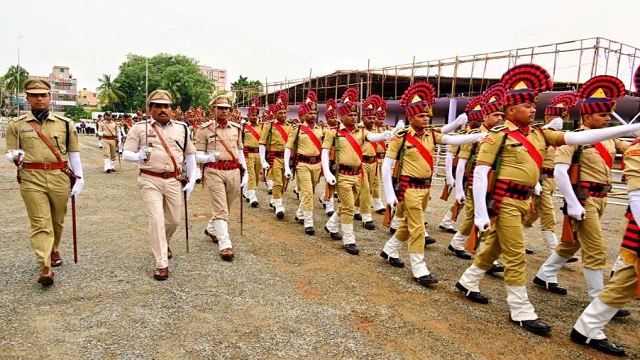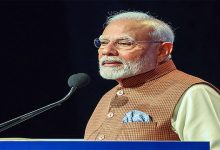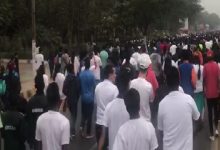Uniformity in government rules, reduction in prices: What Bengal’s women voters want

Kolkata. Kolkata: Co-founder of home décor and lifestyle brand Nestasia, Aditi lives in Southern Avenue, part of Kolkata South, which went to polls on June 1. Advertisement Top issue: Ease of doing business Aditi feels India has a much better business ecosystem than it did 15 years ago. But there is room for further improvement. “Now, I have to apply for different GST numbers in different states. There is a dire need for uniformity in the process. A centralised system applicable to all states will enhance ease of doing business,” she said. She has a manufacturing unit on the northern fringes of Kolkata. Her products are available on online platforms and she has five retail outlets – one in Kolkata and two each in Delhi and Bengaluru. Her brand has a presence in multiple states through warehouses and business collaborations. “I have over a dozen different GST registration numbers. Applying for each one is time-consuming,” she said. Though her input costs are rising, it is a “minor drawback” for Aditi. “We deal in discretionary products. The demand for our products is very high. This shows that people have the spending power,” she said. Aditi and her partner lived in Hong Kong and Singapore and had “high-paying jobs”. “We came back and started a business that was successful. This is a testament to the business ecosystem in India.” Who is she? A cook at an NGO in north Calcutta for two years, she lives in a slum in Paikpara. The area is part of the Kolkata North seat, which went to polls on June 1. Key issues: Price rise and jobs Munni lost her husband in 2019, after which she started working in a plastic factory in Cossipore. She has two daughters, aged 22 and 17, and a 15-year-old son. At the factory, she used to earn ₹250 a day. Now, she earns around ₹300 a day. Her middle child has just passed her higher secondary exams. She will not continue her studies because her mother cannot afford her. Munni gets “angry” when politicians come to seek votes. “Once the elections are over, you don’t recognise them. We have to take care of ourselves,” she said.
Spending means worrying before spending even a small amount of money.
“Even a meal of rice and mashed potatoes is going to be much more expensive than before. A kilo of potatoes costs more than ₹30, a kilo of onions costs ₹35,” Munni said.
The family has not bought anything new in at least 15 years. A TV set and a wardrobe – both gifts from her parents at the time of her wedding in 2000 – adorn their one-room home.
Munni’s husband used to manage the accounts of a “beauty parlour” in Hatibagan.
The couple’s elder daughter, a graduate, now does this job for about ₹5,500 a month.
“Instead of giving jobs, our leaders are busy dividing people in the name of religion (fighting on caste lines),” Munni said.
The only government scheme she avails is the state government’s widow pension of ₹1,000 a month.
Who is she? Project manager in a technology services company. She lives in Ballygunge, part of the Kolkata South seat
Top issue: India’s image
Shilpa regularly interacts with foreign clients in the US, Europe and Southeast Asia. This shows that India has long ago shed its image of “the land of snake charmers”. People in other countries know that India is moving ahead rapidly. But Shilpa is often asked other kinds of questions.
Is India slowly becoming a right-wing Hindu majority country?
What is the situation of minorities in India?
Also Read – Bengal News: Lack of jobs forces large number of youth to migrate out of state in search of work
Is the space for dissent shrinking in India?
“I have been facing these questions for some time now. Mostly during informal interactions with employees of client companies. People are increasingly interested in what is happening in India,” she said. “I want the world to see India as a country on the path of inclusive growth. Not as a country where minorities live in fear.” Shilpa, a mother of a five-year-old girl, also wants the government to do more for higher education. “Now, even people with limited resources have started saving for their children’s higher education outside India. The general belief is that when our children grow up, they will leave India for higher education. This trend should not continue.” Who is she? A domestic help in Kasba. She lives with her husband, daughter and mother-in-law in a slum off Swinhoe Lane in Kolkata South. Top issue: Rising prices Struggling to make ends meet, Shyamali said: “Our income has not increased, but expenses have. I have just one request to those who rule the country. Please reduce prices.” She earns around Rs 3,000 a month. Her husband, a labourer, works as a labourer.
















